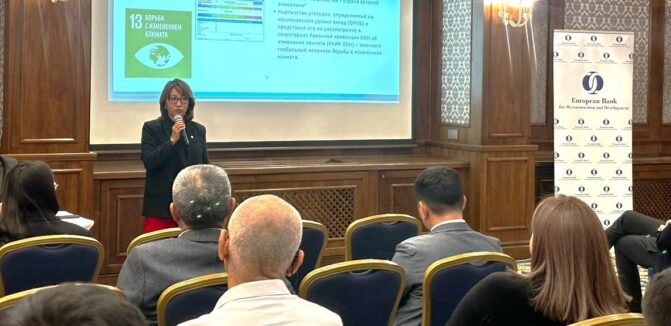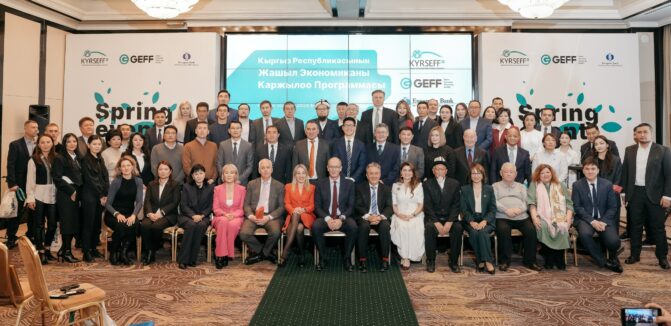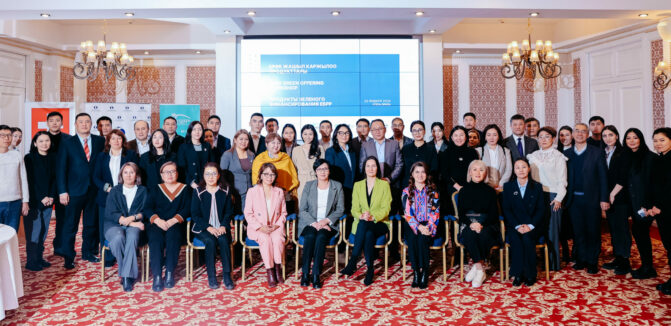helps Kyrgyzstan businesses and households invest in high-performing technologies
by providing financing through participating financial institutions
Choose high-performing equipment and materials that are eligible for financing.
Turn your idea into an eligible green investment that makes business sense.


